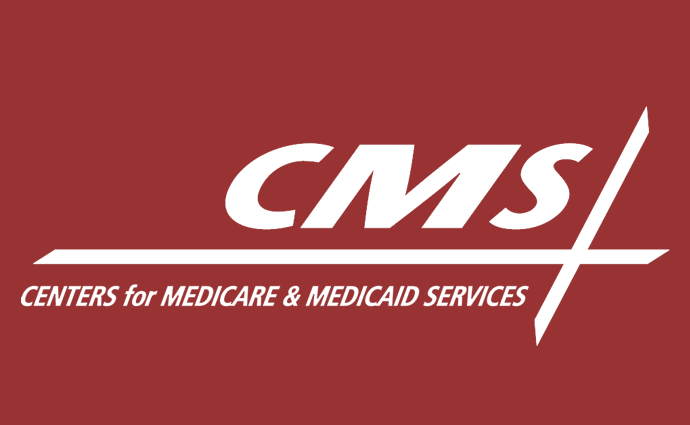5 States With Highest SEP Enrollment Rejected Medicaid Expansion
Special enrollment period enrollment levels are displaying more diversity and higher volume than previous years’ special enrollment periods during the same timeframe.

Source: CMS Logo
- CMS has released special enrollment period enrollment levels data, which has seen more than 500,000 new enrollees and will last another four months.
“Access to quality, affordable health care is essential – especially as we tackle the COVID-19 pandemic and its aftermath,” HHS Secretary Xavier Becerra said in the HHS fact sheet.
“Thanks to the American Rescue Plan, health care coverage is more affordable and millions of Americans are seeing their premiums reduced. At HHS, we are going to build on the Affordable Care Act (ACA) and work tirelessly to ensure Americans have the chance to sign up for quality, affordable health care coverage that meets their needs.”
The CMS data revealed that over 520,000 individuals had enrolled on the Affordable Care Act marketplace as new enrollees. A little less than two-thirds of these signups (322,000 signups) occurred in the month of March alone.
The bulk of the new plan selections have occurred in Florida (146,250 selections), Texas (98,082 selections), Georgia (40,098 selections), North Carolina (32,577 selections), and South Carolina (15,666 selections)—all of which are states that have resisted Medicaid expansion.
More than one million new consumers sought coverage on a marketplace application submitted on or after the first day of the special enrollment period. Over 800,000 of the applicants were eligible on the Affordable Care Act marketplace and more than 148,000 were eligible on Medicaid or the Children’s Health Insurance Program (CHIP).
In the past, only individuals who had experienced qualifying life events could enroll through a special enrollment period in the months of February and March. However, the special enrollment period is not only open to all Americans but also includes expanded financial assistance as outlined in the American Rescue Plan.
The first month and a half of the 2021 special enrollment period drew a more diverse selection of Americans than prior special enrollment periods during the same timeframe.
Among the enrollees who chose to identify their race in the 2021 special enrollment period, 17 percent identified as Black individuals. Additionally, more than four in ten consumers who sought financial support had incomes of 100 percent to 138 percent of the federal poverty level.
The HHS fact sheet declared that this boost in Black enrollment among the impoverished population represented the highest increase in two years.
The call center received more than 1.5 million calls between February 15 and March 31, 2021. Over 207,000 calls were with a Spanish-speaking representative.
This places the call center’s volume behind the consumer engagement levels seen during the federal marketplace open enrollment period for 2021.
For context, during the 2021 open enrollment period on the federal health insurance marketplace platform, the call center received nearly 4.4 million callers and 331,300 engaged with a Spanish-speaking representative.
That means that in the first 45 days of the current special enrollment period, the Spanish-speaking call center achieved 62 percent of the consumer engagement achieved during the 45 days of the federal marketplace open enrollment period for this year. It has reached approximately a quarter of the calls that occurred during the entire open enrollment period.
Congress and the Biden administration have emphasized that the federal government will financially support the Navigator programs and outreach efforts for this special enrollment period.
A week before CMS released this snapshot, HHS announced that it would spend $50 million on outreach. Of that $50 million, $2.3 million will go towards existing Navigator grantees for the federal health insurance marketplace. In particular, these outreach efforts are focusing on alerting minority communities—which have been hit hard by the pandemic—of their eligibility.
The administration also announced that it would extend the special enrollment period until August 15, 2021.
